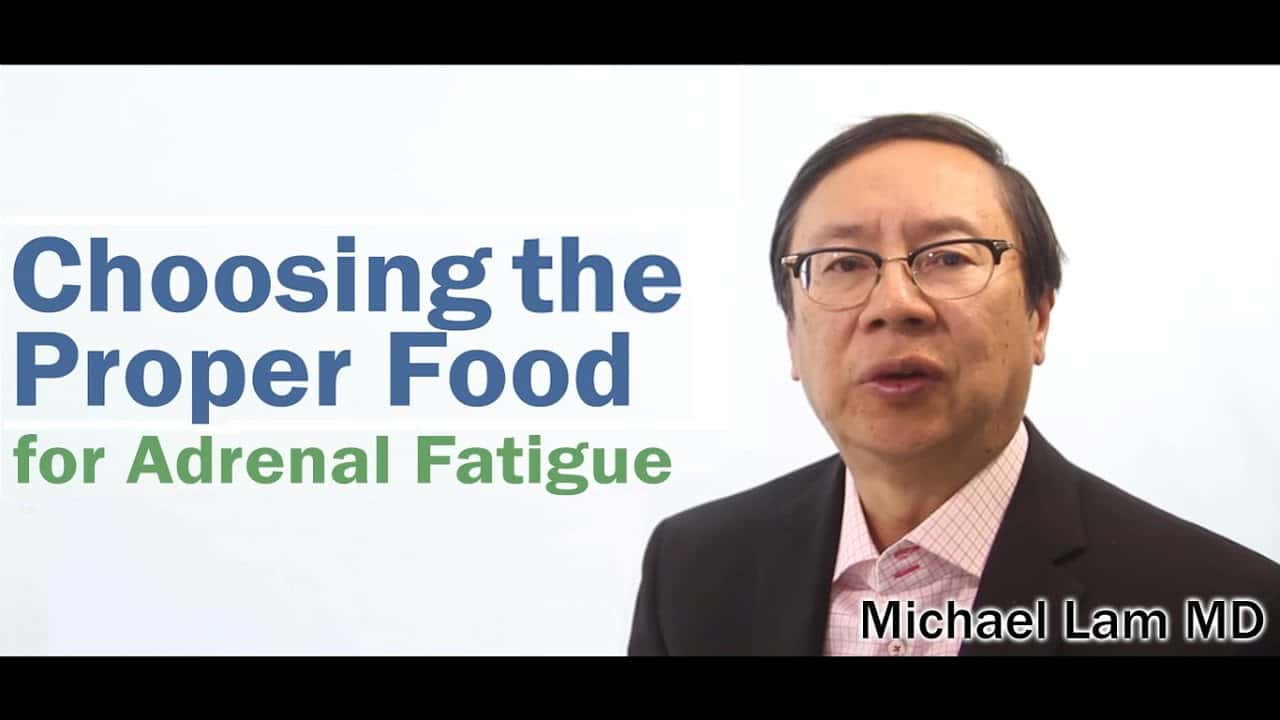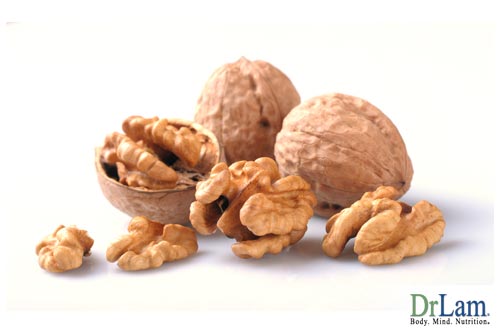
 You’ve probably noticed that when you eat nutritious food, you feel energetic, while junk food leaves you feeling sluggish. But did you know that what you eat also influences your mood and emotions? Think about your outlook on life after eating a bag of chips versus your outlook after eating a hearty salad or vegetable soup. Nutrition is essential for AFS sufferers, and recovery depends on a diet full of nutritionally dense food for Adrenal Fatigue.
You’ve probably noticed that when you eat nutritious food, you feel energetic, while junk food leaves you feeling sluggish. But did you know that what you eat also influences your mood and emotions? Think about your outlook on life after eating a bag of chips versus your outlook after eating a hearty salad or vegetable soup. Nutrition is essential for AFS sufferers, and recovery depends on a diet full of nutritionally dense food for Adrenal Fatigue.
Researchers have been looking into how diet affects mental health, a phenomenon sometimes referred to as the “food-mood connection.”
There are a number of questions researchers are still trying to answer, such as whether nutritional deficiencies contribute to depression, whether supplements can help improve mental health in those who do not have a deficiency, and how much of a given nutrient is needed to make a difference in a person’s mood.
Mental illness is a very serious issue and in some cases can be life-threatening. If you are dealing with mental illness, talk to a doctor about finding the best treatment options for you.
Current studies on the connection between food and mood are limited and contradictory. Because there are so many unanswered questions, dietary changes should not be used as a substitute for professional help, though nutrition may well complement more conventional treatments.
There is some evidence that a nutritious diet may improve mental health. Good nutrition can help you feel better both mentally and physically.
 Omega-3 fatty acids, found in seafood, flaxseed, and walnuts, have been proven to improve physical health by lowering bad cholesterol and raising good cholesterol. There is also evidence that omega-3 can help improve mental health as well. Some studies have shown that people taking omega-3 supplements reported overall better moods.
Omega-3 fatty acids, found in seafood, flaxseed, and walnuts, have been proven to improve physical health by lowering bad cholesterol and raising good cholesterol. There is also evidence that omega-3 can help improve mental health as well. Some studies have shown that people taking omega-3 supplements reported overall better moods.
Tryptophan, found in meat, dairy products, and soy, is an amino acid the body uses to produce serotonin. Low serotonin levels have been linked to depression. Some studies have been done on the effects of tryptophan on depression, but there is not yet enough data to suggest that tryptophan could replace conventional treatment.
Magnesium, found in leafy green vegetables, avocados, and many nights, helps the body produce energy more efficiently. It is also used to improve the function of muscles, including the heart. Research is currently being done on whether magnesium can help patients recover from depression.
Vitamin B12, found in seafood, meat, and dairy products, and folic acid, another B vitamin found primarily in leafy green vegetables, are both vital to metabolism, and blood cell production. They are also important in the synthesis of dopamine and noradrenaline. Low levels of these chemicals can contribute to depression, and supplementing these nutrients may improve a patient's response to antidepressant medication.
There are three main causes for the development of Adrenal Fatigue: emotional stress, diet, and inflammation. One may not be able to foresee the death of a loved one that leads to emotional stress or your body developing inflammation due to some unforeseen cause, but you can do something about your diet.
When you do not eat correctly, for example you consume too many carbohydrates for instance, you disrupt the cortisol production in you adrenal glands. Cortisol is important for the regulation of the gut, in other words, it controls your gut’s immune response. Therefore, a stressful situation causes a disruption in your gut, as cortisol production is compromised. This causes a decrease in healthy gut bacteria which in turn causes a compromised gut immune system. It could thus also, conceivably, result in inflammation, which is the hallmark of just about every disease one could think of.
A cortisol imbalance also causes fluctuations in mood and a host of other symptoms that are usually treated individually but are in fact only symptomatic of an underlying adrenal dysfunction.
The mind and body are tied together as two parts to the whole person. It makes sense that the nutrition and health of the body is directly related to mood and the health of the mind. This relationship can easily be seen in the setting of Adrenal Fatigue, where the depletion of the adrenal glands and exhaustion of the body has negative effects on the mind, including anxiety and depression.
 This is why it is important to identify the root causes behind symptoms people may have to heal the body holistically rather than palliatively controlling symptoms. Putting people on antidepressants is often used to control the mood, but if one of the contributing factors is a poor diet, it will be much easier and more effective to modify the diet to include foods that can help boost mood and mental health.
This is why it is important to identify the root causes behind symptoms people may have to heal the body holistically rather than palliatively controlling symptoms. Putting people on antidepressants is often used to control the mood, but if one of the contributing factors is a poor diet, it will be much easier and more effective to modify the diet to include foods that can help boost mood and mental health.
Similarly, for optimal adrenal health, it is important that the diet consist of nutritious food for Adrenal Fatigue to help the body heal from the root cause, and this will help far more in the long run than trying to control the many confusing signs and symptoms that sufferers must face. So make sure you know what you are putting in your mouth; because after all, you are what you eat. For optimal cognitive health, follow our Adrenal Fatigue Diet.
